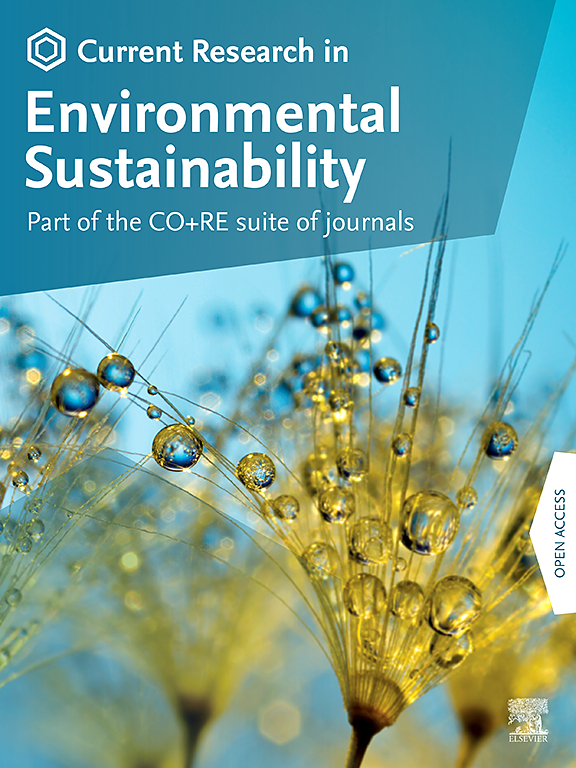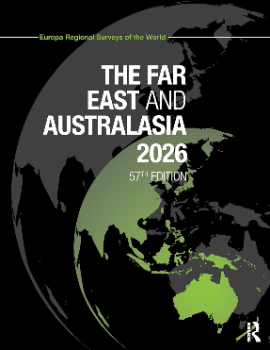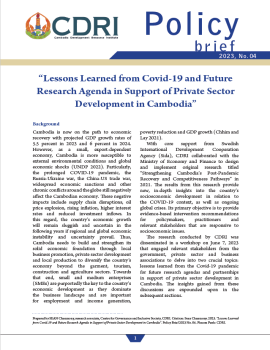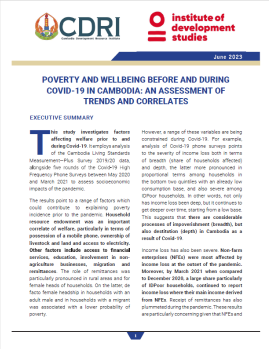
Abstract/Summary
Many rural communities in the Lower Mekong region are vulnerable to the climate uncertainty induced by climate change due to high rate of poverty, lack of agricultural technology, and heavy reliance on the environment for their livelihoods. Rural people are likely to migrate to urban areas in response to the climate impacts and thanks to the rises in the number of cities, urban areas, and industrial zones in this region over the last decades. We selected a rural area in Cambodia to examine the link between climate impacts and rural outmigration because the majority of Cambodian territory is located in the Lower Mekong Basin which has experienced long-term climate change. Through an empirical study which consisted of an integrated quantitative and qualitative research approach in Kampong Cham province, we found the temperature showed a significant (α =0.05) trend of +0.027C◦/year, while rainfall showed a non-significative trend, but it had a marked inter-annual variability over the last two decades. The migration trend increased: most farmers’ families of small and medium sized farms and who experienced more climate impacts had more family members who migrated. Migration is one of the solutions for farmers trying to maintain their livelihoods and incomes, but mass migration causes gaps in the agricultural and rural labour force. This study implies that enhancing farmers’ adaptive capacity in agriculture will contribute to improving the migration landscape.
This article can be found at: https://doi.org/10.1016/j.crsust.2021.100087



